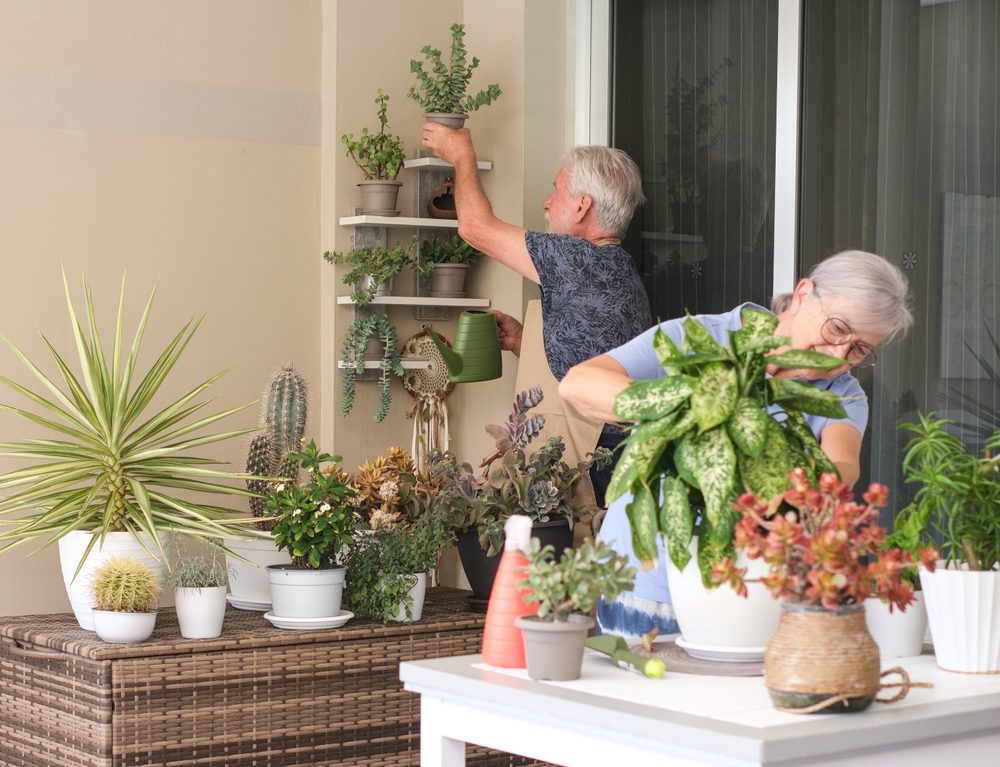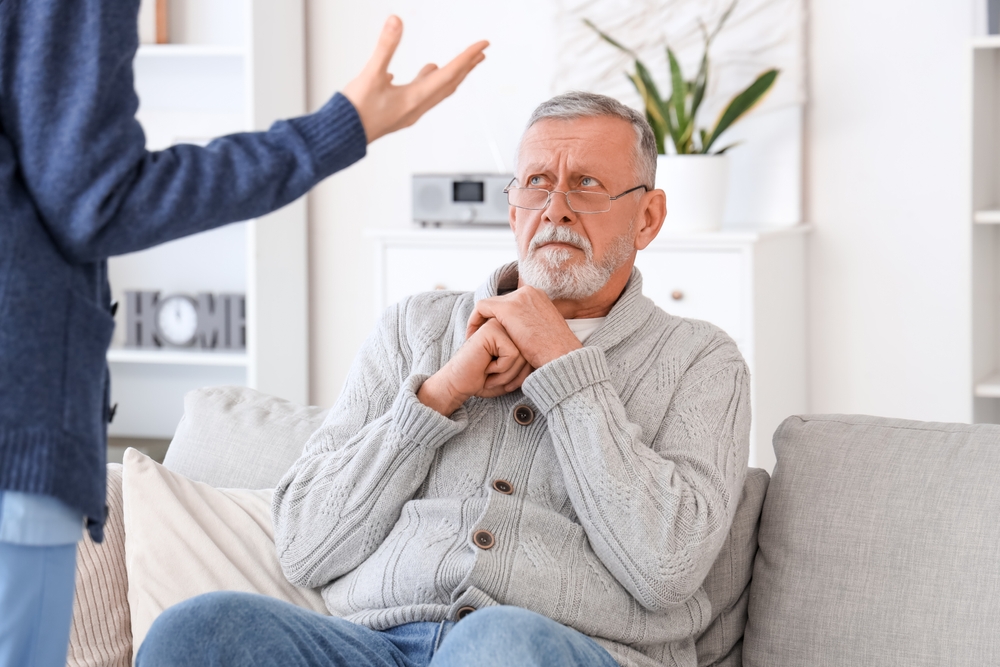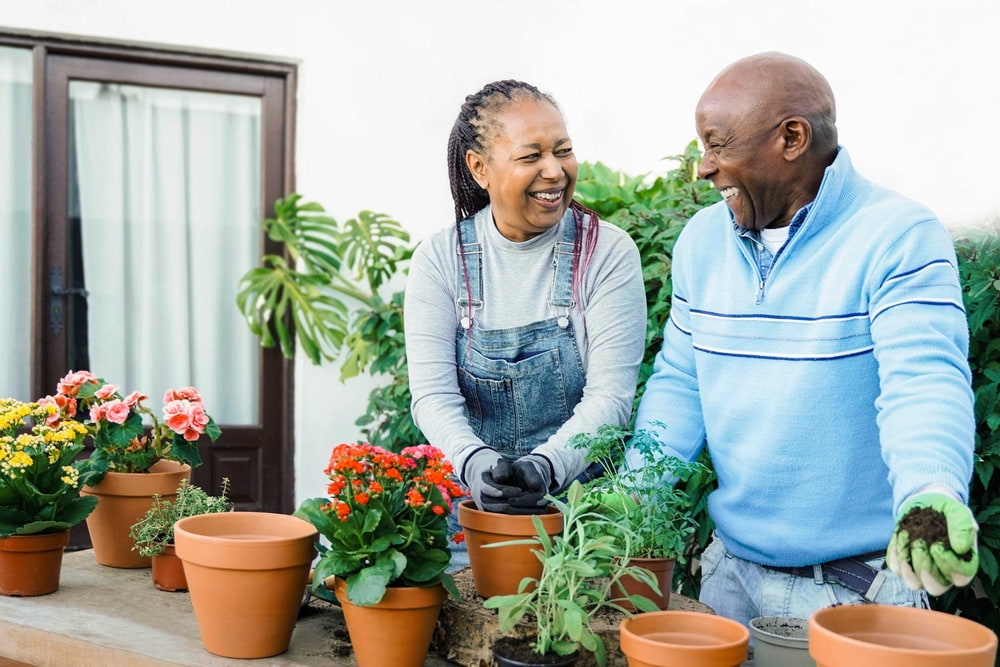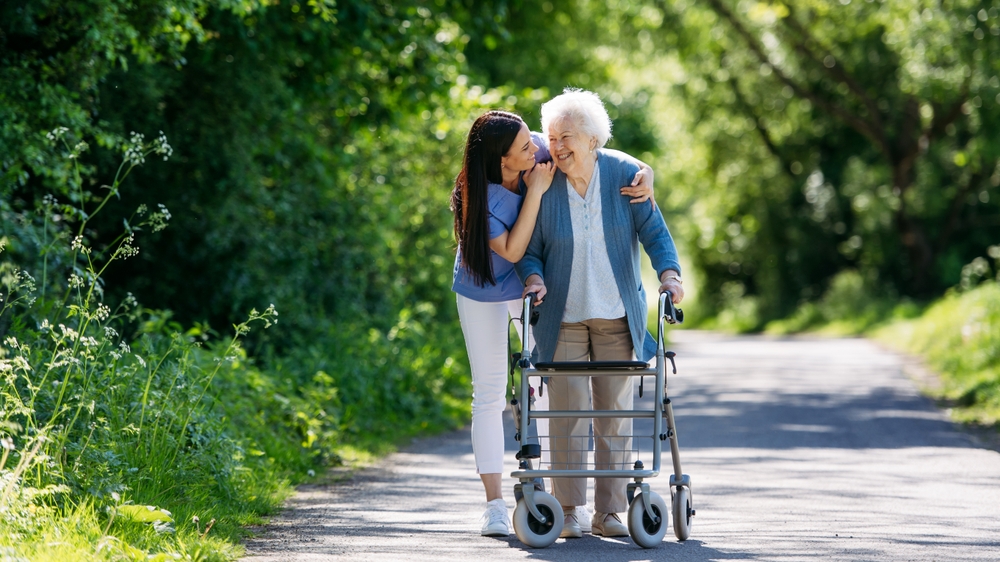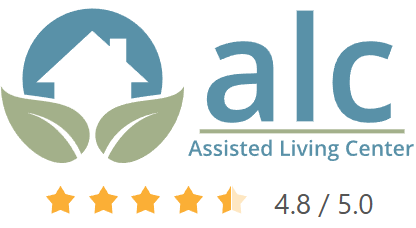6 Things Families Often Miss Until In-Home Care Starts
Most families do their best to support an aging loved one, especially when changes happen slowly. But when daily challenges build over time, they often blend into the background, and…
In-Home Support vs Senior Facilities: What’s the Difference?
When families begin exploring additional help for an elderly loved one, many start by weighing residential settings in Burbank against in-home care and comparing how they each balance comfort, independence,…
How In-Home Care Helps Seniors Keep Their Favorite Rituals & Traditions
Daily rituals and long-held traditions bring comfort, stability, and a sense of identity, especially later in life. As routines change or additional support becomes necessary, many families worry that these…
Red Flags When Hiring a Private Caregiver Without an Agency
When a loved one needs extra support, many families begin by exploring private arrangements, often hoping to keep things simple or affordable. While this approach may seem straightforward at first,…
How In-Home Care Helps Seniors Keep Their Favorite Rituals & Traditions
Daily rituals and long-held traditions bring comfort, stability, and a sense of identity, especially later in life. As routines change or additional support becomes necessary, many families worry that these…
How to Create a Morning Routine That Helps Seniors Feel More Independent
Mornings set the tone for the entire day, especially for older adults who rely on structure and gentle support to feel confident and steady. A thoughtful routine can make each…
How In-Home Care Helps Adult Children Be Family Again
Caring for an aging parent is one of the most meaningful responsibilities an adult child can take on, but it can also become overwhelming when health needs grow or daily…
The Role of Personalized Hobbies in Boosting Seniors’ Confidence
Staying active and engaged in later life matters for reasons that go well beyond physical health. Emotional well-being and self-esteem play just as big a role in how seniors experience…
3 Reasons Why Consistency in Elderly Caregiving Matters So Much
Caring for an aging loved one takes patience, compassion, and a whole lot of heart. But beyond the physical care and daily tasks, one factor often makes all the difference:…
6 Ways Elderly Caregiving Services Help the Entire Family
When loved ones begin needing extra support, the entire family often feels the impact. Many in Hidden Hills turn to caregiving services only after some time, but waiting too long…



